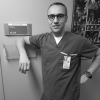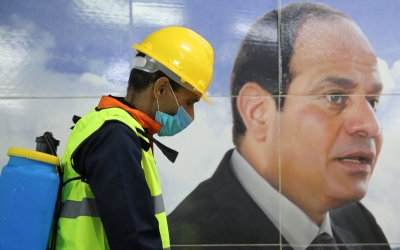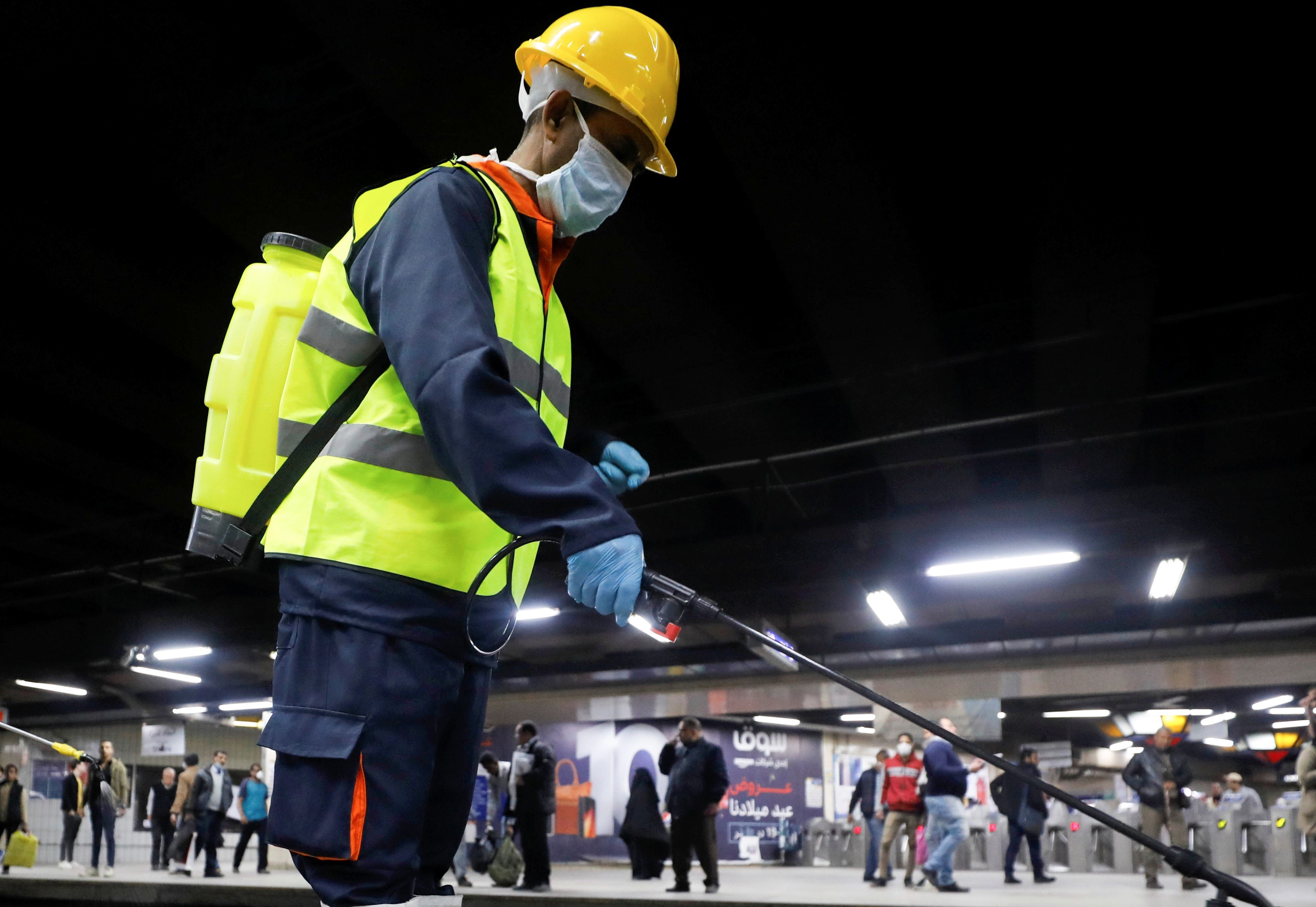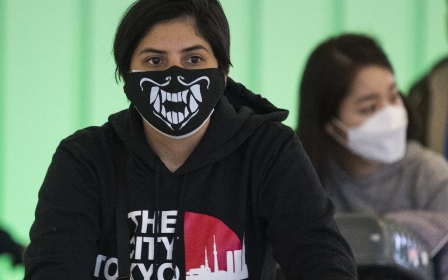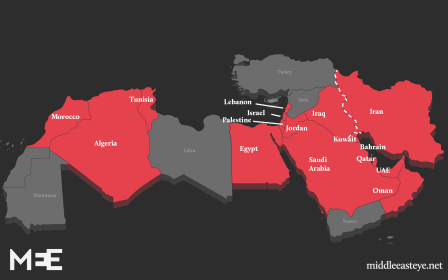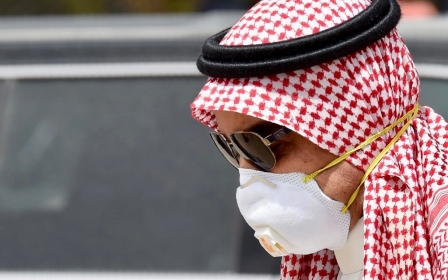How we can defeat coronavirus
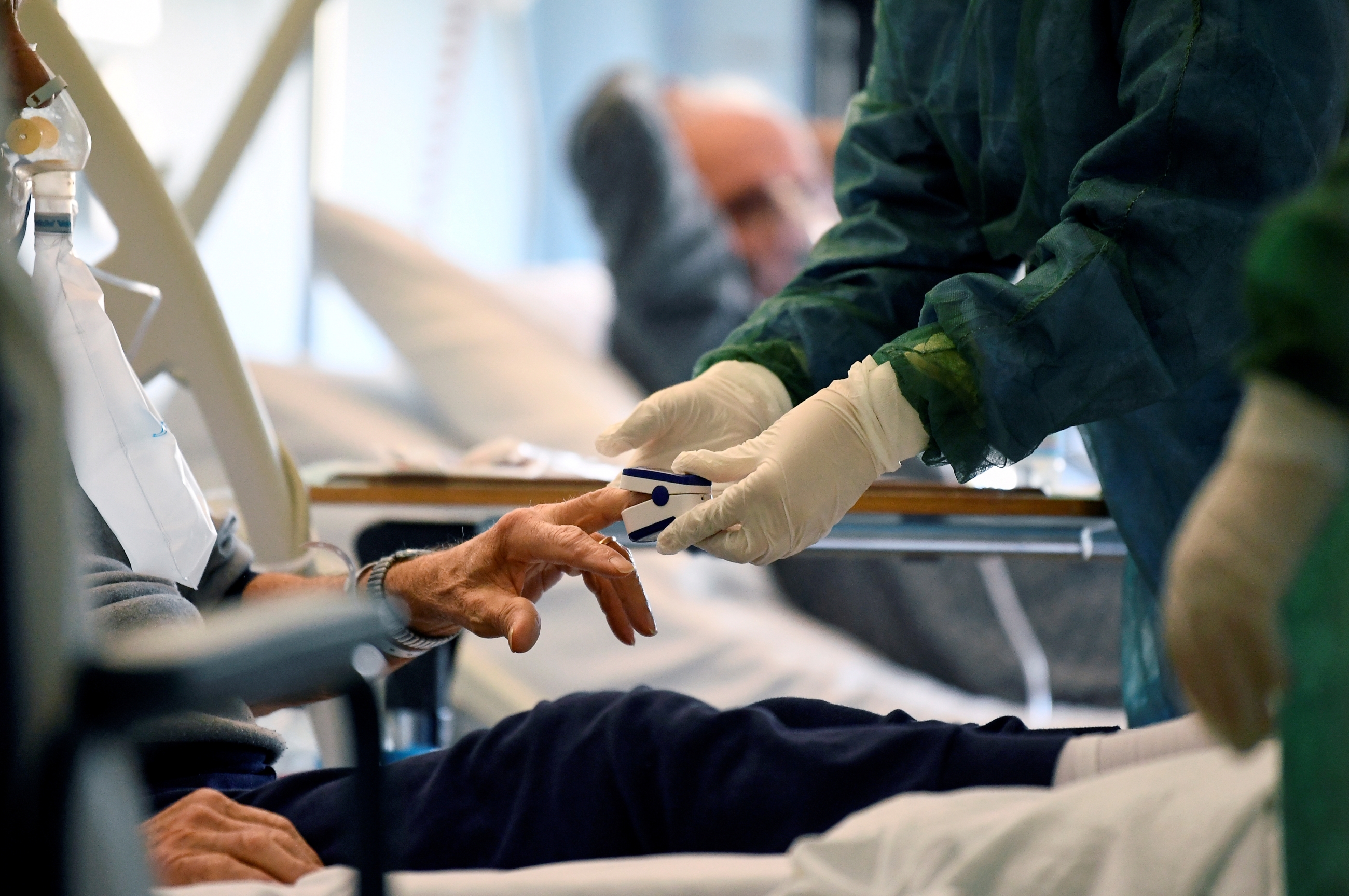
Fear. Chaos. Panic. Hopelessness. Overwhelmed doctors and nurses. Hospitals packed with the frail, the weak, the desperate. Poverty-stricken communities. Jobs lost. Businesses bankrupt. Economies reeling. Loss everywhere.
This was the scene in 1918 when the last major global pandemic brought a wave of influenza so unforgiving that it infected an estimated 30 percent of the world’s population and claimed around 50 million lives.
Unsettling times
It is now 2020 and, until recently, most of us were more wary of a virus attacking our computer or smartphone than one, Coronavirus, bringing physical harm, let alone a possible death sentence. As we have reflected on the last several weeks, we have been forced to re-examine our pulse as a global community.
Much like in 1918, those who have survived are witnessing unimaginable loss, personal isolation, social unrest, and financial collapse of extraordinary proportions
The SARS-COV2 and its syndrome, Covid-19, have now ravaged more than 140 countries, causing over 392,000 infections and claiming more than 17,147 lives, with seemingly no end in sight. Much like in 1918, those who have survived are witnessing unimaginable loss, personal isolation, social unrest, and financial collapse of extraordinary proportions.
In these strange and unsettling times, we sometimes see the lesser side of human nature. Images of panic-stricken crowds hoarding food and necessities, stealing protective masks and gloves from clinics and hospitals and carrying out blatant acts of discrimination towards targeted ethnic communities serve as an example of how fear and panic can cause incalculable harm.
Instead of protecting society as a whole, these expressions seem aimed at protecting oneself, yet paradoxically, leave us all at risk.
Silence and uncertainty
I am a doctor, an infectious diseases specialist. But first and foremost, I am a citizen of the global community. I have witnessed the despair and helplessness of the HIV-AIDS epidemic and the chilling lethality of SARS.
Like the victims of these viruses, I, too, have faced the prospect of death, and like many of the victims, I, too, have survived. The key has always been to accept our own vulnerability and gain strength from the compassion of others.
Today, the holy sites of Mecca are almost unrecognisable, void of the usual throngs of pilgrims flocking from every corner of the earth, seeking spiritual fulfilment and renewal. An uneasy silence and air of uncertainty remains in their place.
In the busy markets of Cairo, like many throughout the Middle East, there is another cloud surrounding the rings of smoke in hookah cafes – denial. For most, “Covid-19” can hardly be uttered, let alone managed with any confidence. At best, the masses fear untrustworthy medical care. At worst, swift punishment by authoritarian regimes intent on maintaining a sense of order, even in the face of an impending catastrophe.
The disparity between actual and reported cases, due to woefully inadequate testing and lack of health literacy, is staggering almost wherever you are, and surpassed only by that between real and symbolic support pledged from governing regimes.
Egyptian President Abdel Fattah el-Sisi's recent announcement of $6.4bn to fund an anti-coronavirus strategy in Egypt would appear to suggest a real commitment to recognising the gravity of the threat at hand. As I write, a raft of new measures intended to curb the spread of the virus have been announced and are set to be introduced on Wednesday morning.
But in the hands of a military regime, the hope that this will reach the Egyptian people is at best thin.
As tourism plummets and economic unrest festers, the world watches the twin pandemics of despair and disease unfold in parallel.
In the busy markets of Cairo, there is another cloud surrounding the rings of smoke in hookah cafes – denial
There is no vaccine or cure for Covid-19, not yet anyway. But there is prevention and there is hope. It has taken a global pandemic to remind us that the simple act of hand washing can save lives. It has taken alarming news headlines to remind us that we are living under constant threat of microbial assault, even when we hardly see anything at all, compelling us to keep our environments clean and sanitary.
It has taken the loss of life to remind us that avoiding crowds and keeping a safe distance from one another can break the chain of this unhalting plague and protect the frail, the elderly and the infirm. The actions of individuals have an impact way beyond those individuals, as this pandemic is making abundantly clear.
An invaluable opportunity
As cases of Covid-19 continue to accumulate and death tolls rise, we have a choice. We can recoil in fear, panic and self-interest, inviting certain failure in the face of this insurmountable challenge. Or we can embrace an invaluable opportunity to recognise that small acts of consideration can not only spread light and hope, but save lives.
The margin between manageable crisis and overwhelming human tragedy is thin, but it is very much ours to modify, if we choose
We can defeat Covid-19 with lessons learned not only from 1918, but from the present day. Just ask China.
The margin between manageable crisis and overwhelming human tragedy is thin, but it is very much ours to modify, if we choose.
Blow a kiss from across the room. Make a call from across the street. Send a message across the world. Clean hands. Open hearts. And faith in compassion will make all the difference.
The views expressed in this article belong to the author and do not necessarily reflect the editorial policy of Middle East Eye.
Middle East Eye propose une couverture et une analyse indépendantes et incomparables du Moyen-Orient, de l’Afrique du Nord et d’autres régions du monde. Pour en savoir plus sur la reprise de ce contenu et les frais qui s’appliquent, veuillez remplir ce formulaire [en anglais]. Pour en savoir plus sur MEE, cliquez ici [en anglais].


